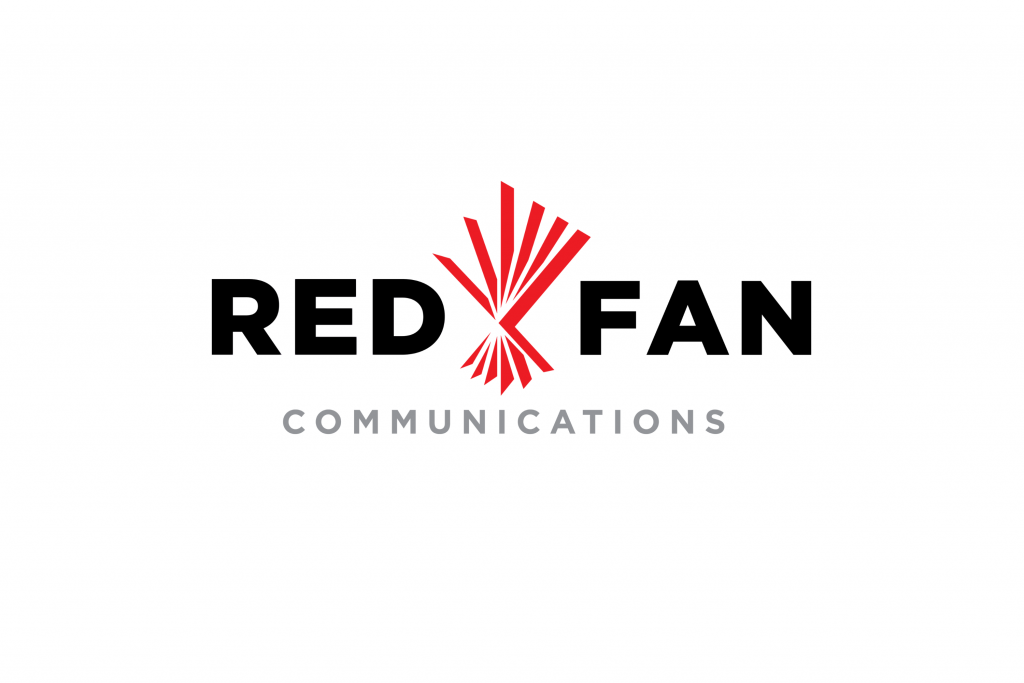By Kathleen Lucente
You know it’s Halloween. I guess everyone’s entitled to one good scare. Or two or three!
Temperatures are finally turning cooler as autumn takes hold. For a few prominent companies, this season is less “fall,” and more “fail.”
FACEBOOK, WE HAVE A PROBLEM.
Former Facebook employee Frances Haugen testified before a U.S. Senate subcommittee this month with explosive accusations against the social media giant. Haugen explicitly called out her former employer’s practice of placing huge profits above the well-being of children and censoring data and the truth itself.
Foreign hackers and domestic fomenters of discord using Facebook to manipulate people and events are old news. But Haugen’s insider info in particular pounded Facebook’s Instagram (IG). Haugen pointed out that the IG platform amplifies teen angst and specifically increases suicidal thoughts and eating disorders among teen girls. And she backed up her claims with data.
The jarring revelations also pushed Facebook to hold off on developing an IG product aimed at adolescents under 13. Facebook executives said that IG use was positive for teens because they feel more connected to their peers. They didn’t share their data, however.
In the wake of Haugen’s claims, Facebook didn’t come forward with any compassion, a respectable holding statement, an apology or a plan. The defensive and flippant attitude, paired with the company’s attempts to discredit Haugen’s character, only gives credibility to her message and underscores a lack of trust and a question of ethics within the organization.
This story is not going away.
Last Friday, 17 U.S. news outlets began publishing stories—dubbed “The Facebook Papers”—derived from the redacted documents provided by Facebook whistleblower Frances Haugen’s legal counsel, disclosed to the Securities and Exchange Commission and provided to Congress.
FASTEN YOUR SEATBELTS; IT’S GOING TO BE A BUMPY RIDE.
Travel-sector industry darling Southwest Airlines hit major turbulence after canceling more than 2,000 flights earlier this month. Would-be passengers were left stranded and forced to sort out alternative forms of transportation for themselves.
So, what happened?
The social media rumor mill pointed to Southwest’s recent announcement that employees would have to get the COVID-19 vaccine or face termination as a possible reason for the mess. Facebook and Twitter lit up with the idea that the pilots must have staged a walkout. Except they didn’t, according to both the airline and the pilots.
Southwest first blamed bad weather in Florida, then switched its story to air traffic control issues, causing a monumental ripple effect from which the airline could not recover. The Federal Aviation Administration (FAA) promptly rejected Southwest’s claim and insisted that any reported issues were not widespread enough to cause that level of disruption.
Finally, Southwest tried to explain that staffing levels, flight crew shift regulations and its point-to-point network all contributed to this unpleasant customer experience.
By leaving it up to the public’s imagination, the brand lost control of the message and lost trust from customers who valued its service.
We still don’t know what really happened because Southwest’s leadership hasn’t come clean. The airline has offered no concrete explanation other than a “we’re sorry” message on social media and some low-value vouchers.
Regardless of what went wrong, the response points to a bigger problem: Southwest appears to be out of sync with what is going on within its own ranks. By leaving it up to the public’s imagination, the brand lost control of the message and lost trust from customers who valued its service. The truth is still emerging, as the Southwest Airline Pilots Association filed a temporary restraining order to prevent the airline from implementing COVID-19 vaccine mandates for employees. This situation opens up a slew of PR issues because this disagreement over the COVID-19 vaccine breaks from CDC guidelines and could result in pilots breaching their contracts.
DO YOU LIKE SCARY MOVIES?
The release of the Pandora Papers implicates heads of state and titans of industry in tax avoidance schemes. Centering around almost 12 million records, leaked from 14 firms in the offshore financial sector, the Papers have revealed how the wealthy hide their assets.
The exposé is a massive collaboration of the International Consortium of Investigative Journalists—the same group that brought the Panama Papers to light. The ICIJ dug through millions of documents and uncovered a web of questionable financial practices—and they named names.
The response so far has been flat denial or shaky justification for exorbitant spending and the creation of secret accounts flush with cash. The Papers name more than 30 world leaders, including current and former presidents, prime ministers and heads of state, plus hundreds of other public officials. In many cases, those accused of hiding fortunes behind tax havens also lead countries where poverty is a significant issue. Opulence and bad optics are tarnishing the reputations of many and forcing some big questions about financial inequity.
Some power players took cover fast. When he realized that his foreign real estate holdings would be exposed by the release of the Papers, King Abdullah II of Jordan swiftly retained the U.S.-based DLA Piper Global Law Firm to handle defamation claims and handle PR inquiries.
You know it’s bad when lawyers have to talk to the press!
The backlash against the King is something Jordan can’t risk because the country receives billions of dollars in aid from the U.S. for hosting millions of refugees. Shifty kings, money offshore and handouts—this feels like a movie in the making. Somebody call Netflix.
The timing might be more painful for Czech Prime Minister Andrej Babiš, as his name is all over the Pandora Papers just as he launches his re-election campaign. Babiš ran on an anti-corruption theme five years ago, taking a hard line on Czech citizens identified in the 2016 Panama Papers. The timing of the Pandora release makes his credibility and ethics prime topics for the media and targets him for a police investigation.
However, if we’re looking at tainted brand reputation scores, Ukraine tops the list with the most mentions in the Pandora Papers. The EU and NATO won’t be surprised by this discovery because political corruption charges have kept Ukraine from being accepted into either group. With this stink in the air, it’s going to be hard to believe in Ukrainian President Zelensky’s push for reform. Maybe the reform needs to be self-imposed?
YOU’RE GONNA NEED A BIGGER BOAT.
The missteps called out here are a mixed bag for sure, and they are not over yet. It will be worth watching these stories to see whether any of them can rebuild their reputations and more importantly, public trust.
At Red Fan, representing people and brands that we believe in is our policy. When a crisis hits, current and potential clients must be 100 percent transparent and willing to fix the problems at hand. Companies and leaders need to be truthful and muster an organized, believable response to situations for which they must be held accountable, oh captain, my captain.






